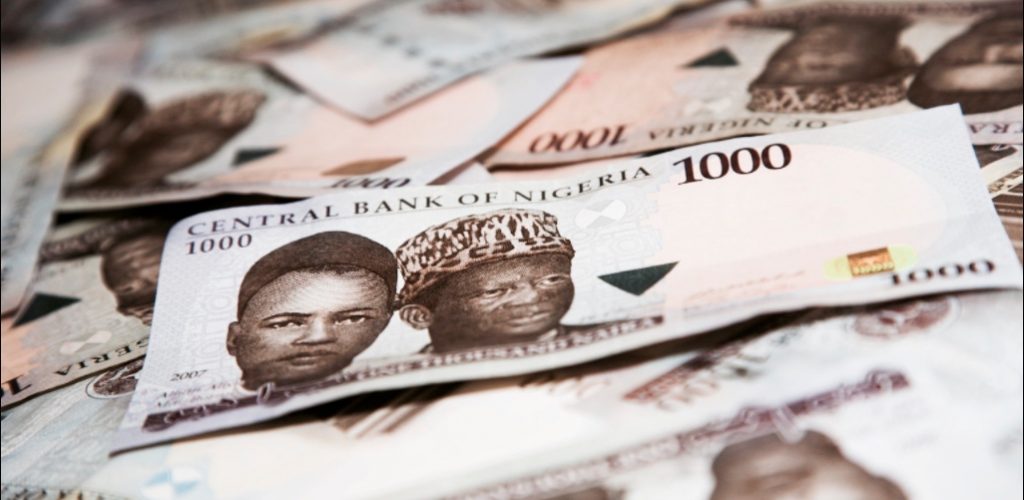
Nigerian naira (NGN) is the official currency of the Federal Republic of Nigeria. The Nigerian naira is managed by the Central Bank of Nigeria. It distributes and attempts to maintain price stability with it. One naira is subdivided into 100 kobos. As of March 2021, 1 U.S. dollar is equal to around 380 NGN, so it takes 380 NGN to buy one dollar. The Central Bank of Nigeria has the sole authority to issue banknotes and coins.
We won't bore you with lots of dates and details. In this article, we've compiled some of the most important facts about naira, and here they are:
- The name Naira was first introduced by Chief Obafemi Awolowo, a Nigerian nationalist and statesman who played a key role in Nigeria's independence movement.
- An interesting fact is that the syllable “Nai” is synonymous with Nigeria. Younger Nigerians refer to Nigeria as “Naija”. So, it's quite easy to assume how Chief Awolowo must have come up with the name “Naira”. He just took the name of Nigeria and collapsed it to Naira.
- As we've already mentioned, a naira is made up of 100 kobos. But you will only find a coin of 50 kobos in circulation nowadays. All other denominations of 1⁄2 kobo, 1 kobo, 5 kobo, 10 kobo, 25 kobo were withdrawn from circulation as of February 2007.
- Nairas are presented in the form of coins, they include 1 naira, and 2 nairas. Banknotes include the 5, 10, 20, 50, 100, 200, 500, 1000 nairas notes.
- In 2014, the central bank released a commemorative note to celebrate the centennial of Nigeria's existence. This commemorative note has a quick-response code (QRC). When scanned, it takes the user to a website about Nigeria's history.
- The NGN has been constantly devaluing since its introduction in 1973. Its inflation rate remains above 10% as of 2019.
- In the forex market, the NGN is paired with the U.S. dollar (usd/NGN). It's the most popular currency pair involving naira. The currency has been pegged to the U.S. dollar at various levels over the years.
The naira tends to be more volatile against other currencies since the Central Bank of Nigeria monitors the USD the most. Since the NGN is not pegged to other currencies, its daily rate can fluctuate.
Provided by AMarkets